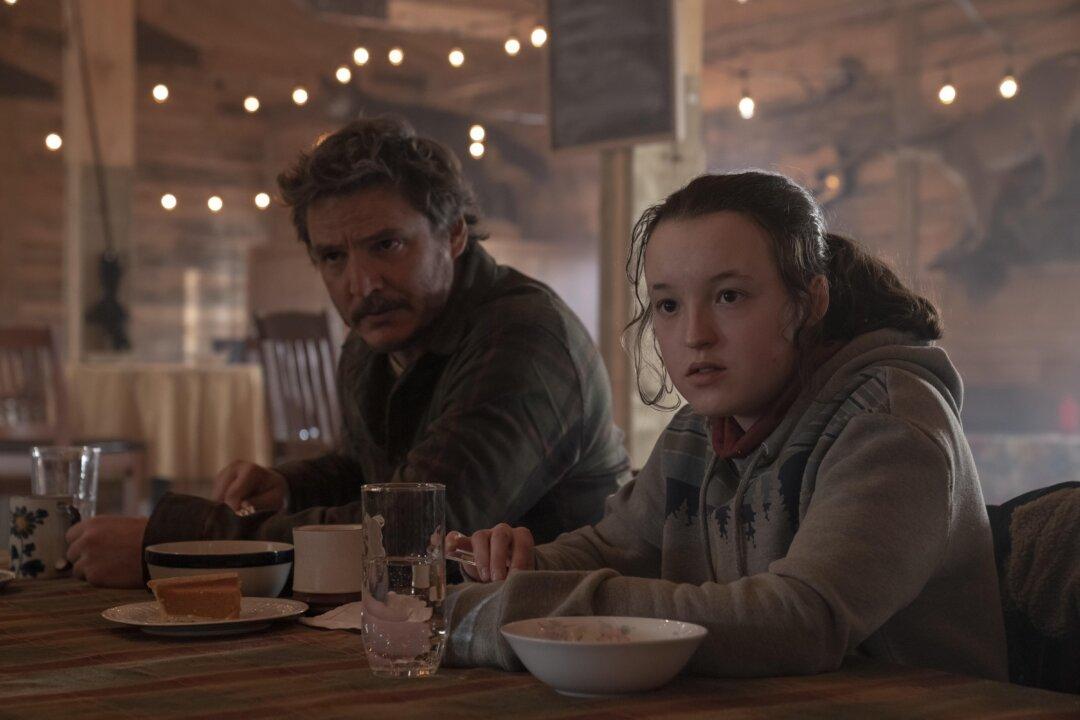Commentary
The world of edgy Western film has taken a turn for the worse. While it has always been a gimmick for Australian viewers to flip across to SBS and alarm ourselves at the liberal doses of nudity, the age of Netflix has struck up an arms race in which the winner is the program that can “shock” rather than “entertain” the viewer. Ending up as a furious headline would be as good as draping a gold medal around the producer’s neck.





